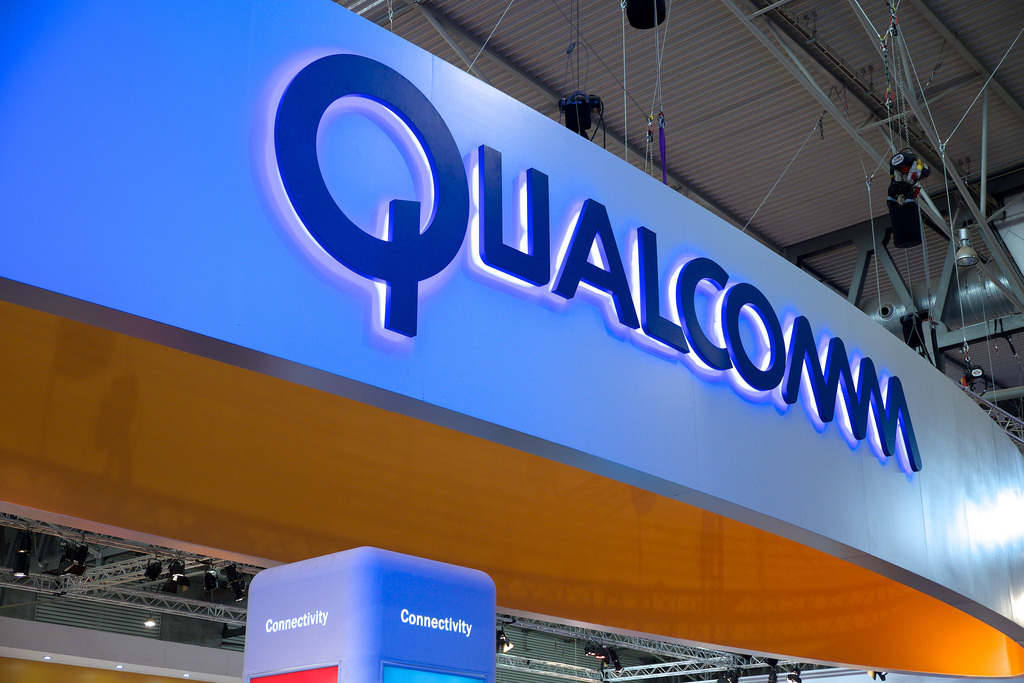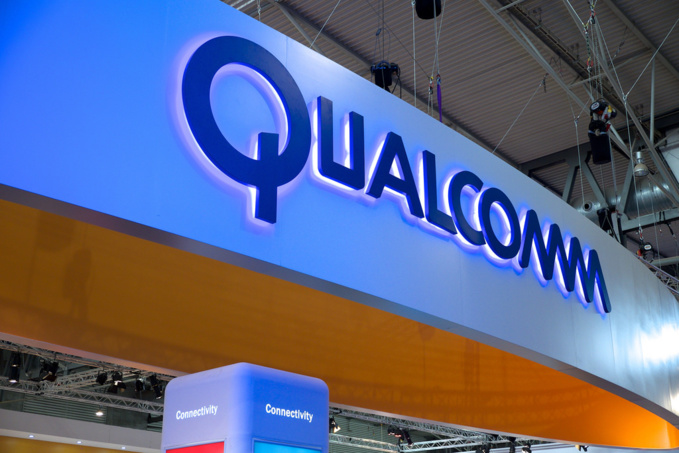An anonymous source in Apple told The Wall Street Journal that next versions of the iPhone and iPad may be produced without Qualcomm for the first time. Mutual accusations and litigation in different parts of the world got Tim Cook's company to think of switching to chips from Intel or MediaTek.
The publication’s sources specify that the actions of Apple are rather a forced measure. The fact is that Qualcomm itself at first refused "to critically test its chips in the prototypes of the iPhone and iPad", and then ceased to provide its partner with the necessary software for the tests. This happened immediately after Apple filed a lawsuit in the District Court of the Southern District of California with a claim to recover $ 1 billion from the manufacturer of microprocessors. The essence of the claim is abuse of the dominant position in the market and absence of promised benefits when buying wireless communication chips.
Qualcomm also refused to discount its long-time partner for its products after Apple decided to cooperate with the South Korean authorities in the antitrust investigation against the chip supplier. Recall that the authorities of South Korea in December fined Qualcomm at $ 853 million for violating the antimonopoly legislation.
Apple has been purchasing Qualcomm modems since the first iPhone. There are five more companies that produce the equipment using Qualcomm technology, and smartphone manufacturers can choose any of them as a partner. Yet, they still have to pay a certain percentage of Qualcomm's sales. The amount of deductions is determined individually for each of the chip buyers and depends on the level of revenue. For many years, Apple has been putting up with this need, because there was no decent alternative in the market. Everything changed in 2015, when Apple started working with Intel to create its own modem. And it has already been built into some seventh generation iPhone models. "The answer to the question of why we filed a lawsuit now and did not do this five years ago is simple," Apple’s vice-president Bruce Sewell said during one of the presentations. "The availability of an alternative."
source: wsj.com
The publication’s sources specify that the actions of Apple are rather a forced measure. The fact is that Qualcomm itself at first refused "to critically test its chips in the prototypes of the iPhone and iPad", and then ceased to provide its partner with the necessary software for the tests. This happened immediately after Apple filed a lawsuit in the District Court of the Southern District of California with a claim to recover $ 1 billion from the manufacturer of microprocessors. The essence of the claim is abuse of the dominant position in the market and absence of promised benefits when buying wireless communication chips.
Qualcomm also refused to discount its long-time partner for its products after Apple decided to cooperate with the South Korean authorities in the antitrust investigation against the chip supplier. Recall that the authorities of South Korea in December fined Qualcomm at $ 853 million for violating the antimonopoly legislation.
Apple has been purchasing Qualcomm modems since the first iPhone. There are five more companies that produce the equipment using Qualcomm technology, and smartphone manufacturers can choose any of them as a partner. Yet, they still have to pay a certain percentage of Qualcomm's sales. The amount of deductions is determined individually for each of the chip buyers and depends on the level of revenue. For many years, Apple has been putting up with this need, because there was no decent alternative in the market. Everything changed in 2015, when Apple started working with Intel to create its own modem. And it has already been built into some seventh generation iPhone models. "The answer to the question of why we filed a lawsuit now and did not do this five years ago is simple," Apple’s vice-president Bruce Sewell said during one of the presentations. "The availability of an alternative."
source: wsj.com



















